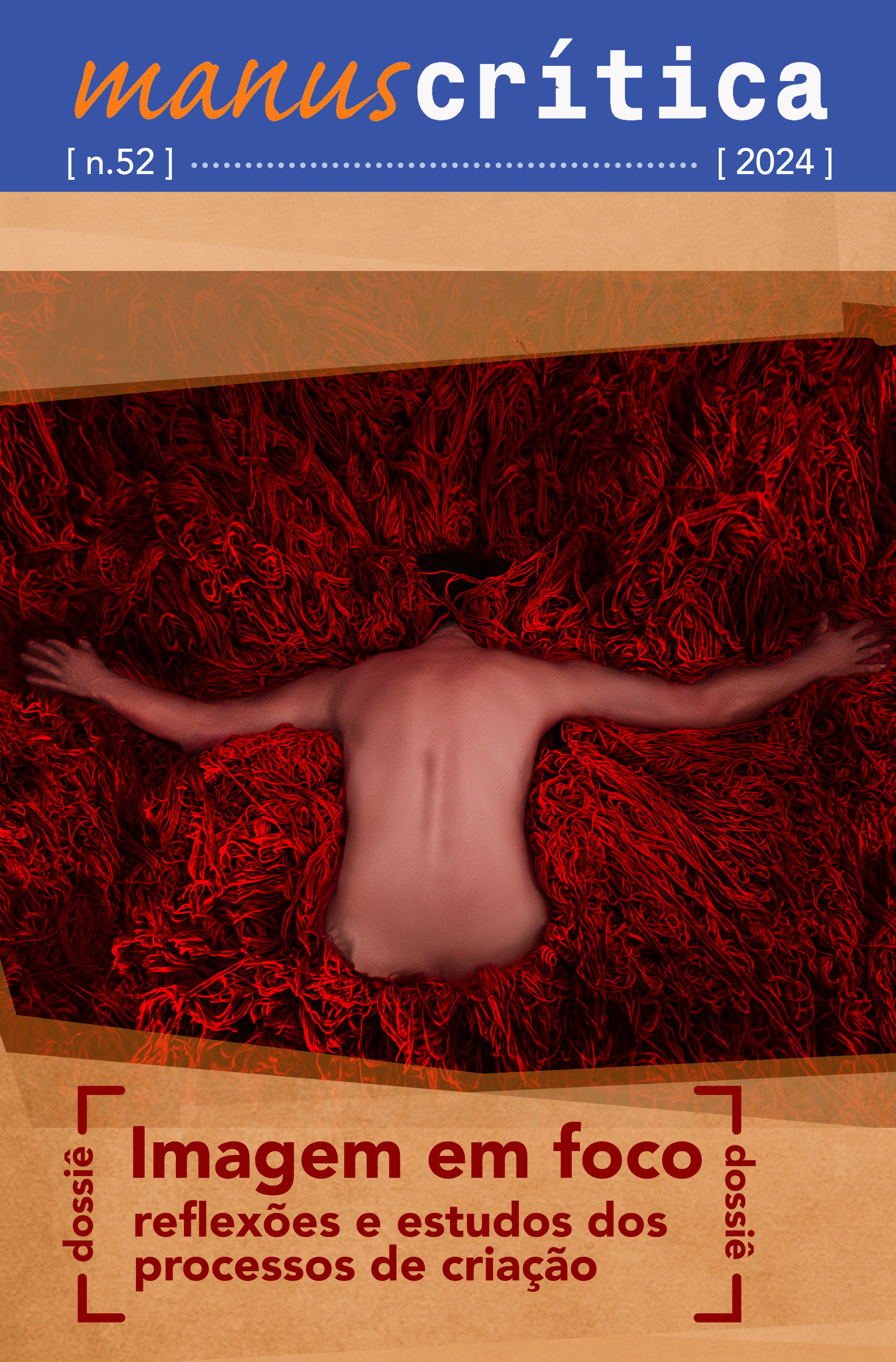Narrative Conformation in Long Farewell
DOI:
https://doi.org/10.11606/issn.2596-2477.i52p41-52Keywords:
Kira Muratova, Modern Cinema, Auteur Cinema, Film HistoryAbstract
The following article discusses the aesthetic configurations involved in the cinematic construction of The Long Farewell (1971), directed by Kira Muratova. The objective is to position the film within the concepts of modern cinema and auteur cinema. To complement this, the methodology incorporates film analysis and research on creative processes, allowing for the concretization and emphasis of thought elements from the material and practice of filmmaking. To achieve this, historical trends and components of mise-en-scène are analyzed, together with testimonies and interviews of those involved in the creative process, resulting in two parts: the first part dedicated to gathering data on historical events, and the second part aiming to analyze the stylistic principles in an attempt to understand them as the authentic imaginative thought of the filmmaker.
Downloads
References
BAZIN, André. “De la politique des auteurs”. Cahiers du cinéma, nº70, Abril, 1957.
DELEUZE, Gilles. Cinema 2: Imagem-Tempo. Editora 34, 2018.
EREMENKO, Evgeny D. Odesskaya Kinostudiya i “Lenfilm”: Redaktorskie Praktiki (1960–1980-e gg.). Vestnik SPbGIK, n. 1 (50), p. 46-53, março de 2022.
KOSINOVA, M. R. Mezhdunarodnye Svyazi Sovetskoy Kinematografii v Gody “Ottepeli”. Sovremennye Issledovaniya Sotsial'nykh Problem, v.6, n.50, 2015. Disponível em: <https://shorturl.at/gFK24>. Acesso em: 15 mar. 2024.
MURATOVA, Kira. Longa Despedida. URSS, Estúdio de Odessa, 1971. (Filme). Disponível em: <https://youtu.be/KxNiyctaYRQ>. Acesso em: 10 dez. 2023.
PLAKHOV, Andrei. Censura: Como as proibições afetam o cinema. [S.I.]: Подкасты Кинопоиска, 2023. 1 vídeo (87 min). Disponível em: <https://youtu.be/1CGplT4uvEc>. Acesso em: 30 mar. 2024.
RASKATOVA, Elena. “Ideologicheskie Fil'try” i Pozdnee Sovetskoe Kino. Labirint: Zhurnal Sotsi’l'no-Gumanitarnykh Issledovaniy. Ivanovo, n. 6, p. 81–90, 2016. Disponível em: <https://bit.ly/499Tnm4>. Acesso em: 13 fev. 2024.
RYAZANTSEVA, Natalya. “Korotkoe Dykhanie, Ili Dolgie Provody”. Iskusstvo Kino, Arquivo, 2004, n. 12, dezembro. Disponível em: https://old.kinoart.ru/archive/2004/12/n12-article5. Acesso em: 04.11.2023.
SVETLYAKOV, Кirill. Realismo Socialista / Palestra / #TretyakovEmCasa. [Moscou]: Galeria Tretyakov, 2020. 1 vídeo (105 min). Disponível em: <https://www.youtube.com/watch?v=YZIxy8QJl2g>. Acesso em: 18 ago. 2023.
TRUFFAUT, François. “Uma certa tendência do cinema francês”. In: ____. O Prazer dos Olhos: Escritos sobre cinema. Rio de Janeiro: Jorge Zahar, 2005, p. 257–276.
Downloads
Published
Issue
Section
License
Copyright (c) 2024 Iurii Kokin

This work is licensed under a Creative Commons Attribution 4.0 International License.











